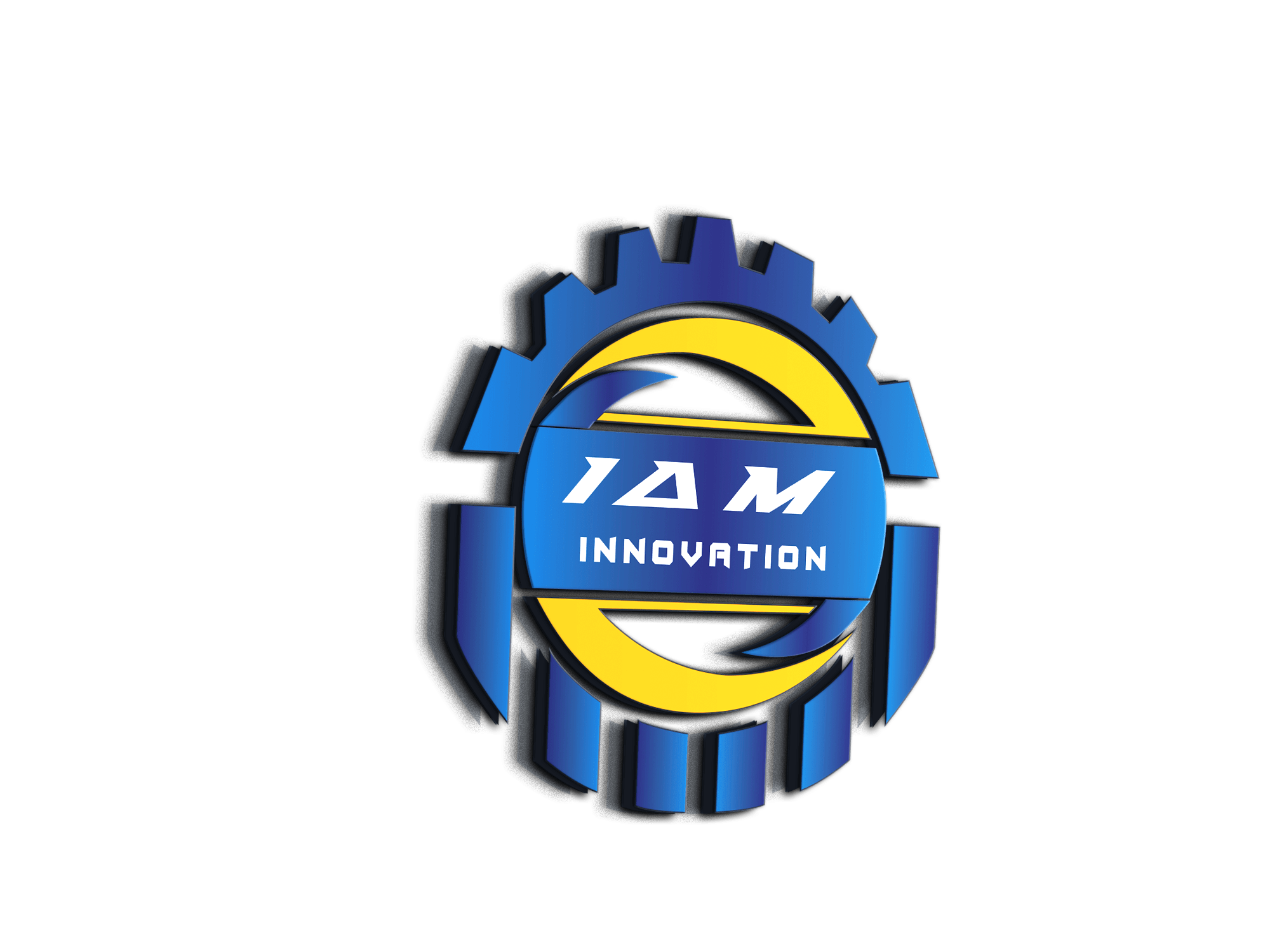Automation, in the context of manufacturing, is the use of equipment to automate systems or production processes. The end goal is to drive greater efficiency by either increasing production capacity or reducing costs, often both.
Automation has become known more as using machines to reduce work performed by humans. It has become associated with electromechanical systems that are programmed to perform many types of processes. While automation may not be right for every manufacturer, most companies are able to find benefits in one of the following types of automation: Fixed, programmed, or flexible.
















